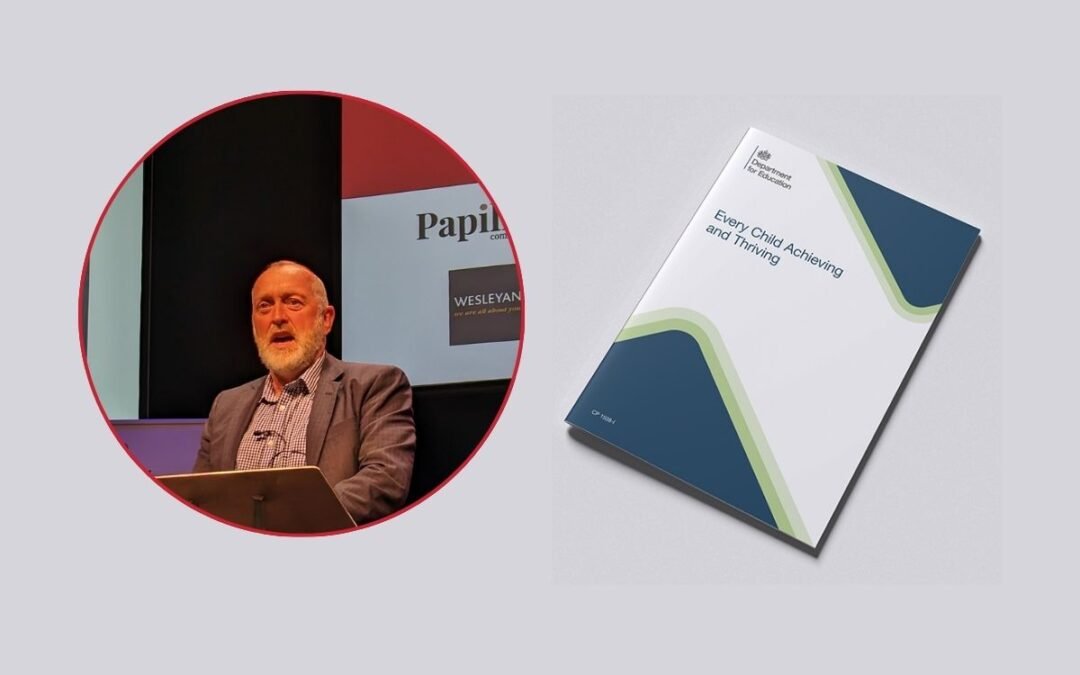Towards more academies: don’t forget the ‘hearts and minds’!
The recent news coverage that all mainstream schools are to become academies is not a surprise. The Prime Minister stated in October last year that he wanted “every school an academy” and, in the same month, the Secretary of State also expressed her view that all schools would be academies by 2020. The only real surprise is the pace at which change appears to be being brought about, and we know that transformation without careful and considered implementation is always a big risk.
The advantage that the large number of new and growing academy trusts have is that they can look to those that have gone before them as a guide on what to do, and crucially, what not to do. Some academy trusts have made big strategic mistakes, often pursuing growth for growth’s sake and becoming obsessed with quantity of schools and the status of their empires. It’s not unusual to hear some teaching school or academy leaders introduce themselves at meetings by overly emphasising the number of schools they run or work with. You know then that you may well have a problem!
The academy trusts that are succeeding, and will succeed, are those that look deeper than numbers, flashy websites, and leadership titles. These school groups will consider both the lessons of history and the core components of successful school improvement – components that are not entirely dependent on the structures or descriptions found in policy papers and ministerial announcements.
Academy trusts at the start (and sometimes midway through) their journey should carefully consider their raison d’etre. They must think very carefully about ‘why’ they do what they do – reflecting on the values and ethos that underpins their work and motivates their development. As Simon Sinek tells us, the best organisations enthuse others and bring people with them because they are not obsessed with ‘what’ they do, or even ‘how’ they do it. These organisations focus on the ‘why’ – the hearts and minds component that drives the behaviours of each and every one of us. The best people want to work for these organisations, they are emotional stakeholders in them, and that is a big factor in why the success of academies and academy trusts depends on their values.
However, this is about more than creating a statement to put on the website and roll out at conferences every now and again. Pinning down the ‘why’ and then embedding it, through a process that involves staff, children, trustees, the community and indeed other schools, is essential to building strong relationships and the foundations of good strategic planning. These two elements are at the root of educational improvement in academy trusts.
A clear ‘why’ also allows for better long term decision making in areas such as which schools to take on as partners through to who to appoint as the chair of a local governing body. When we work with new and developing academy trusts, we ask them to consider – with a range of stakeholders – the ‘non-negotiables’ of what they do. Leaders, staff, the community and schools listen to one another, they share their hopes, ambitions and priorities for education. They go beyond the distractions of structures and become much more clear about their collective purpose and the direction they wish to go in. The structures and the processes are then developed around these ambitions and priorities. As a result of this process, leaders have a strong mandate and those around them have a strong sense of having shaped the solutions – ensuring their ‘buy in’. The strategic focus can then remain – as it always should – on educational improvement and improving children’s lives.
The non-negotiables are extremely useful for forming the ‘how’ of a trust’s development. When we run development days for academy trusts we share examples of success and examples of failure. Very often, strong protocols emerge around issues such as the pace of growth, the criteria for taking on new schools, the geographical reach of the trust, the sharing of data and performance information, internal accountability, expectations around professional development, and ambition. These discussions can often be robust and challenging, but they need to happen. Again, coming to a clear and common understanding on each of these issues and more, with reference to successful models of school improvement, is essential if leaders and teachers are to make progress.
The worry is that with the pace of change as it is, groups of schools fail to have these strategic conversations that provide such a strong basis for their future improvement and success. Will we see Las Vegas weddings for schools, brought together earnestly in the name of improvement, but without regard for their strategy and, as a result, their compatibility? Will trusts be encouraged to grow at such a pace that this again becomes the main driver for too many, leading to familiar mistakes? Will the non-negotiables of school improvement become lost in the mix – and as such, will key stakeholders such as teachers and parents become disenfranchised?
Time will tell, but it is essential that the process of converting more academies is achieved with a spirit of partnership, invitational leadership, and with a focus on what really matters when improving children’s outcomes.
Michael Pain is director of Forum Education, a consultancy providing training, research and marketing & communications for the education sector. www.forumeducation.org

